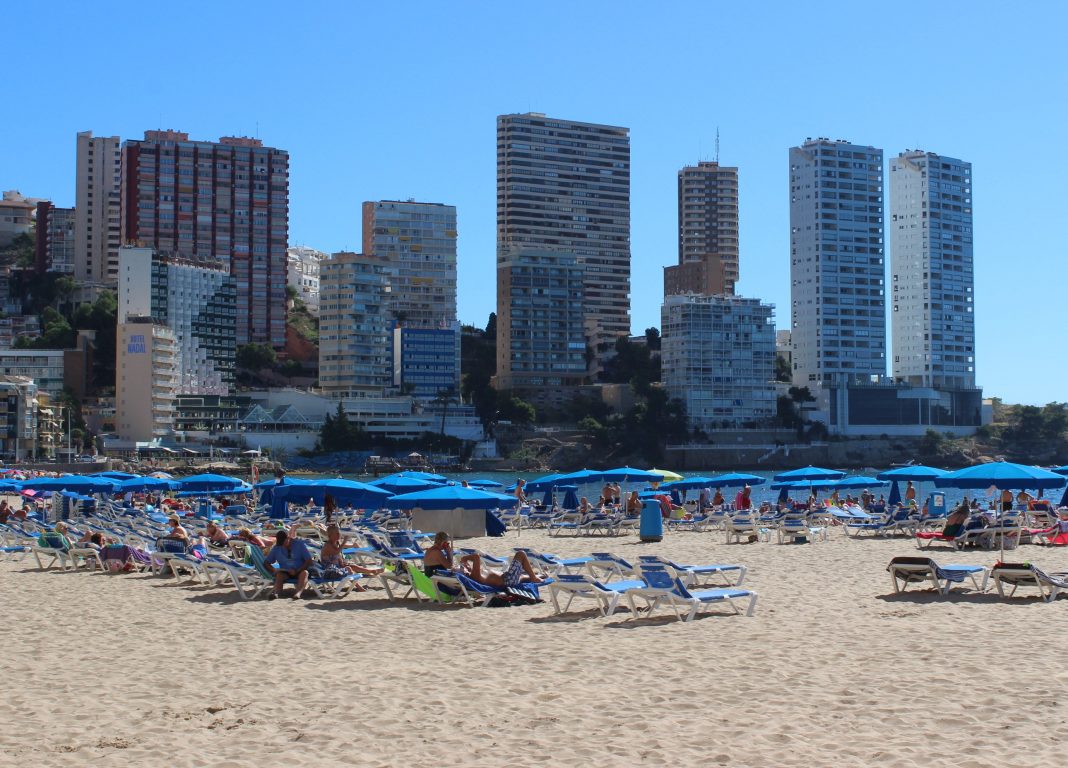During the summer of 2016 the number of fake claims made on hotels and tour operators for food poisoning by British tourists spread like wildfire across Spain. Benidorm was one of the local resorts that was hardest hit with losses to the hotel sector in just two years calculated at over 50 million euros, with the number of claims skyrocketing by as much as 500%.
But in recent weeks, according to reports in the local press, as a result of action taken by the British authorities, which is only now being processed through the judicial system, the false claims seem to be a thing of the past, with not even a single claim presented in Benidorm since the beginning of 2019.
A spokesman for Hosbec, the Association of hoteliers on the Costa Blanca, suggested that it is as a result of the penalties imposed by the British courts, which range from fines of about 800 euros.
Some recent sentences, however, have been far more severe with four members of one Liverpool family sentenced to 3 months in prison for making a false claim against the tour operator Jet2Holidays, with whom they had booked their break in Benidorm during the summer of 2015.
One other judgment handed down was a fine of 15,000 pounds which was imposed on two British tourists who had to pay TUI for faking a food poisoning claim during their stay in Benidorm as they too sought compensation.
In each case the tourists making the false accusations claimed that they had suffered nausea, stomach pain, diarrhoea and vomiting for days, and even presented medical reports. But at least one false claimant came unstuck as the police showed photographs that he had posted on a social network, of him and his partner enjoying their holiday with no sign at all of them suffering any illness.
The judge also reproached them for not complaining during their stay, since the claims were only filed in May 2016, approximately eight months after their holiday ended. It was only later, when contacted by a lawyer, that they remembered they had been sick on their holidays in Benidorm.
But not only was it the British courts that ended up unmasking false claimants. The British Government also took action on the matter in light of the false complaints, publishing the maximum amounts that each tourist could claim and promising retribution for those that made them deceivingly. As a result of their actions British tourists have now stopped filing false allegations of food poisoning.
At the time, British law did not have any control over the amounts that could be claimed, so claimants could petition for exorbitant amounts. In fact, some of the tourists were asking for up to 50,000 euros of compensation after allegedly suffering food poisoning in a Benidorm hotel in a case that was dismissed by the judge. But the tourists were not alone.
At that time, the number of companies and solicitors that specialised in these types of complaints, known as “claim farmers,” were growing uncontrollably, with many even travelling to tourist destinations where they physically sought out potential clients.
But it now seems that a year after the first convictions, the water is rather calmer and British tourists no longer see the scam as an easy opportunity to recover the money from the cost of their trip. The risks would now appear to be too great. And just as quickly as they first appeared the specialist solicitors have also disappeared back into their cosy offices, no longer willing to risk the wrath of the legal system or the bad press attracted by the scam





